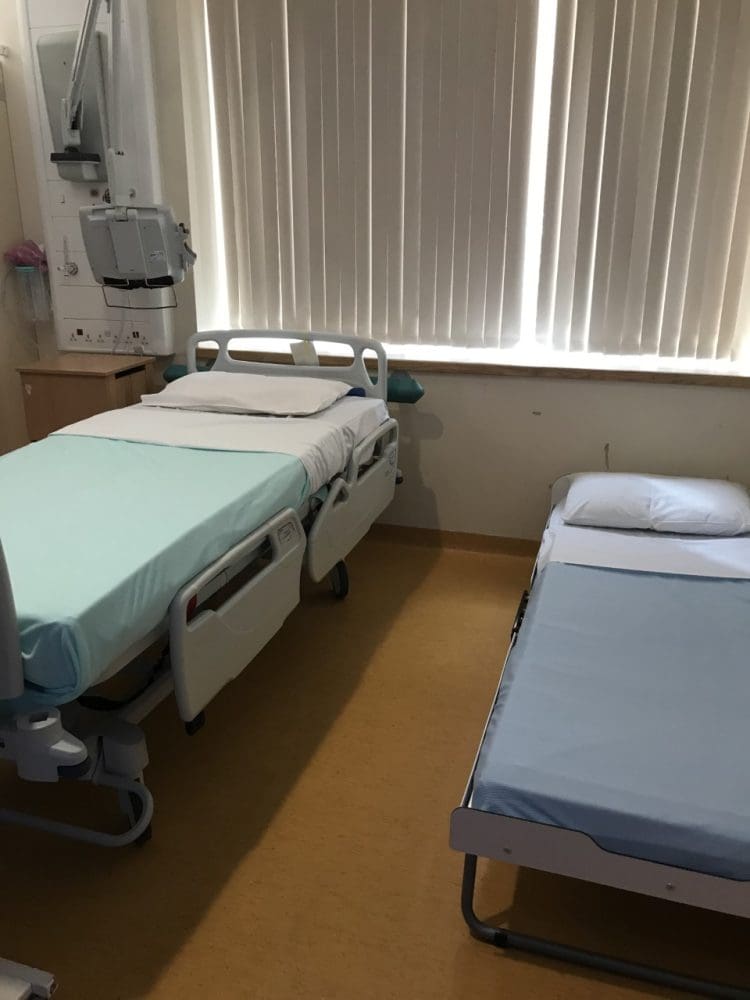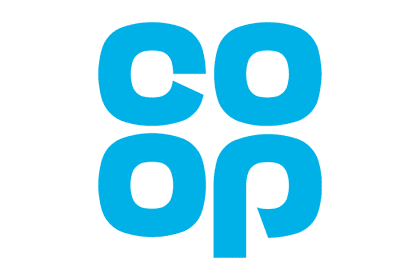Liverpool Women’s Neonatal Unit takes care of more than 1,000 babies and their families every year. They provide care for babies born prematurely, with low weight or who have a medical condition that requires specialist treatment. Physiological jaundice is a normal condition of newborn and preterm babies as they need to break down the excess red blood cells that were required to transport oxygen before birth. If underlying conditions reduce the ability to remove the excess bilirubin created, the resulting jaundice can cause irreversible brain damage.
The treatment for jaundice is by phototherapy which breaks down the bilirubin in the body enabling it to be excreted. A BiliLux phototherapy lamp will effectively and swiftly reduce the bilirubin levels to normal. This will enable mother and baby to leave hospital earlier, which relieves pressure on families and promotes better bonding after birth. The Liverpool Women’s Hospital has requested 2 BiliLux Phototherapy units for their expanding Neonatal unit to ensure enough systems are available.











